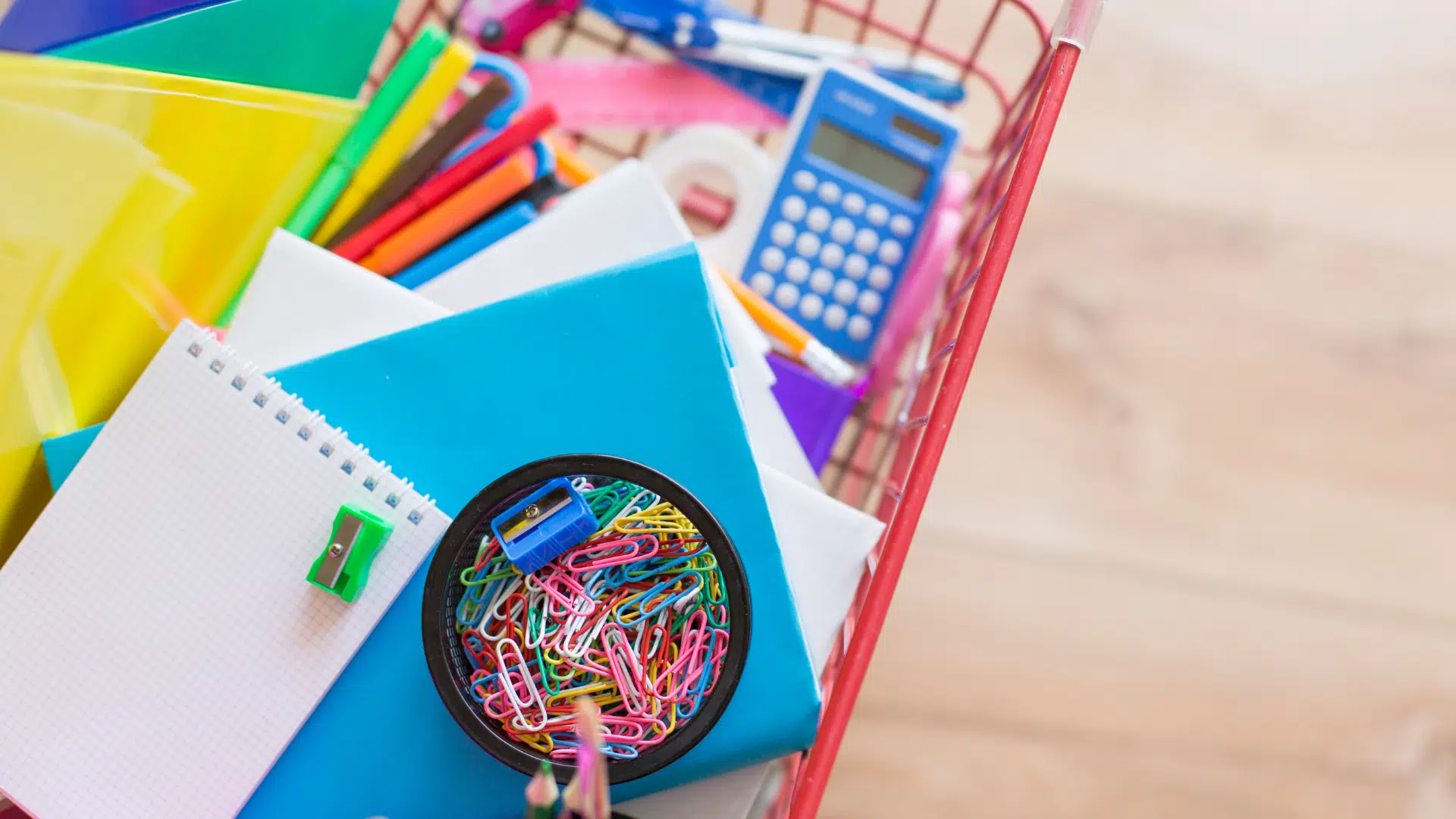The current inflation rates are concerning for consumers preparing to begin their back-to-school shopping as students and parents gear up for the upcoming school year.
According to the National Retail Federation, 84% of consumers expect higher prices this year, particularly for clothing and school supplies. To help combat increased costs, many consumers are spending more time comparatively shopping online for the best deals on necessary items. Better Business Bureau reminds back-to-school shoppers interacting with digital marketplaces to be wary of online purchasing scams and to carefully evaluate the legitimacy of an online seller before paying for advertised products.
From June thru August 2021, Texas consumers lost nearly $100,000 to online purchasing scams, according to BBB Scam Tracker data. Many of those who lost money to online stores found the business through an advertisement on social media, a common tactic that scammers use nationwide. In July 2021, a Texas resident reported $1,500 lost to an online seller who “did not send any of the 18 items I ordered. They sent a pair of shoes that were not even in my order and were in the wrong size. Nobody replies after you send money to them.”
Better Business Bureau typically receives over a thousand monthly reports of online purchasing scams from consumers across the United States. Since 2020, BBB’s annual Scam Tracker Risk Report has identified online purchasing scams as the No. 1 riskiest scam impacting consumers in North America.
“It is important to exercise extreme caution when dealing with online sellers, even if the advertisement appears to be for a well-known company,” said Heather Massey, vice president of communications for BBB serving the Heart of Texas. “Scammers know how to make websites and advertisements look legitimate. They know American consumers’ shopping trends, and right now, the trend is for back-to-school supplies and clothing. If you encounter an advertisement on social media, be sure to check with the company’s official website to verify it is a legitimate offer.”
To assist back-to-school shoppers this season, Better Business Bureau offers the following tips to save money and avoid scams:
Check around your home. Start back-to-school shopping right at home by making a list of everything you need and then taking stock of everything you may have stored in desks, drawers, closets or storage areas. Some supplies may still be left over from last year, saving you from purchasing the same item twice.
Research expensive purchases. Before purchasing expensive items such as computers, laptops, or a refrigerator for a dorm, be sure to spend some time researching the brand, reviews of the product, warranty and prices at multiple locations. Universities often have rules regarding the size and placement of refrigerators in dorms. Check with the housing office at the college or university on whether an energy-efficient refrigerator is required or not.
Ask for student discounts. Stores and software companies often offer discounts to students with either a student ID or a valid ‘.edu’ email address. Even if a discount is not advertised, it never hurts to ask.
Shop in bulk. If purchasing standard items that are needed at the beginning of each school year, such as binders, notebooks or writing utensils, buying in bulk is a great way to save money.
Shop safely online.
- If purchasing school supplies online, verify that the URL starts with “https” and includes a lock symbol. The “s” in “https” stands for secure and includes additional encryption and security measures than an “http” website. BBB strongly recommends against inputting bank account information into any website that is not secured.
- If purchasing from a digital marketplace, take the time to read reviews and feedback from previous customers. The lowest price may not always be the best route. If the company’s contact information is not clearly listed, or they only have an email as the point of contact, that is a red flag. You may want to shop elsewhere.
- BBB strongly recommends against using unprotected payment options when interacting with online marketplaces. If the seller insists on payment via wire transfer or a gift card, that is a sign it may not be a legitimate business. Using a credit card is almost always the best option when purchasing online due to the additional protections they have to dispute and resolve charges when purchased products are not received.













Comments